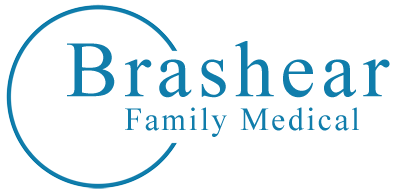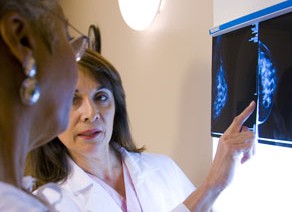The goal of screening exams for breast cancer is to find cancers before they start to cause symptoms (like a lump that can be felt). Screening refers to tests and exams used to find a disease, such as cancer, in people who do not have any symptoms. Early detection means using an approach that lets breast cancer get diagnosed earlier than otherwise might have occurred.
Importance of Early Detection
Breast cancers that are found because they are causing symptoms tend to be larger and are more likely to have already spread beyond the breast. In contrast, breast cancers found during screening exams are more likely to be smaller and still confined to the breast.
The size of a breast cancer and how far it has spread are some of the most important factors in predicting the prognosis (outlook) of a woman with this disease.
Most doctors feel that early detection tests for breast cancer save thousands of lives each year, and that many more lives could be saved if even more women and their health care providers took advantage of these tests. Following the American Cancer Society’s guidelines for the early detection of breast cancer improves the chances that breast cancer can be diagnosed at an early stage and treated successfully.
Why Get Screened?
Numerous studies have clearly shown that getting a mammogram and a breast exam reduces the risk of dying from breast cancer. Breast cancers found during a mammogram are more likely to be smaller and still confined to the breast. Finding breast cancer early (called early detection) can improve the chances that breast cancer can be treated successfully and with more treatment options, less extensive surgery, and ultimately, better treatment outcomes.
Who Should Get Screened?
The American Cancer Society’s current Breast Cancer Screening Guidelines recommend:
- Yearly mammograms starting at age 40 and continuing for as long as a woman is in good health
- Clinical breast exam (CBE) about every 3 years for women in their 20s and 30s and every year for women 40 and over
- Women should know how their breasts normally look and feel and report any breast changes to a health care provider right away. Breast self-exam (BSE) is an option for women starting in their 20s.
Some women – because of their family history, a genetic tendency, or certain other factors – should be screened with MRIs along with mammograms. (The number of women who fall into this category is small: less than 2% of all women in the United States.) Talk with a doctor about your history and whether you should have other tests or start testing at an earlier age.
Take Control of Your Health, and Help Reduce Your Cancer Risk
- Stay away from tobacco.
- Get to and stay at a healthy weight.
- Get moving with regular physical activity.
- Eat healthy with plenty of fruits and vegetables.
- Limit how much alcohol you drink (if you drink at all).
- Protect your skin.
- Know yourself, your family history, and your risks.
- Get regular check-ups and cancer screening tests.
Source: http://www.cancer.org/


